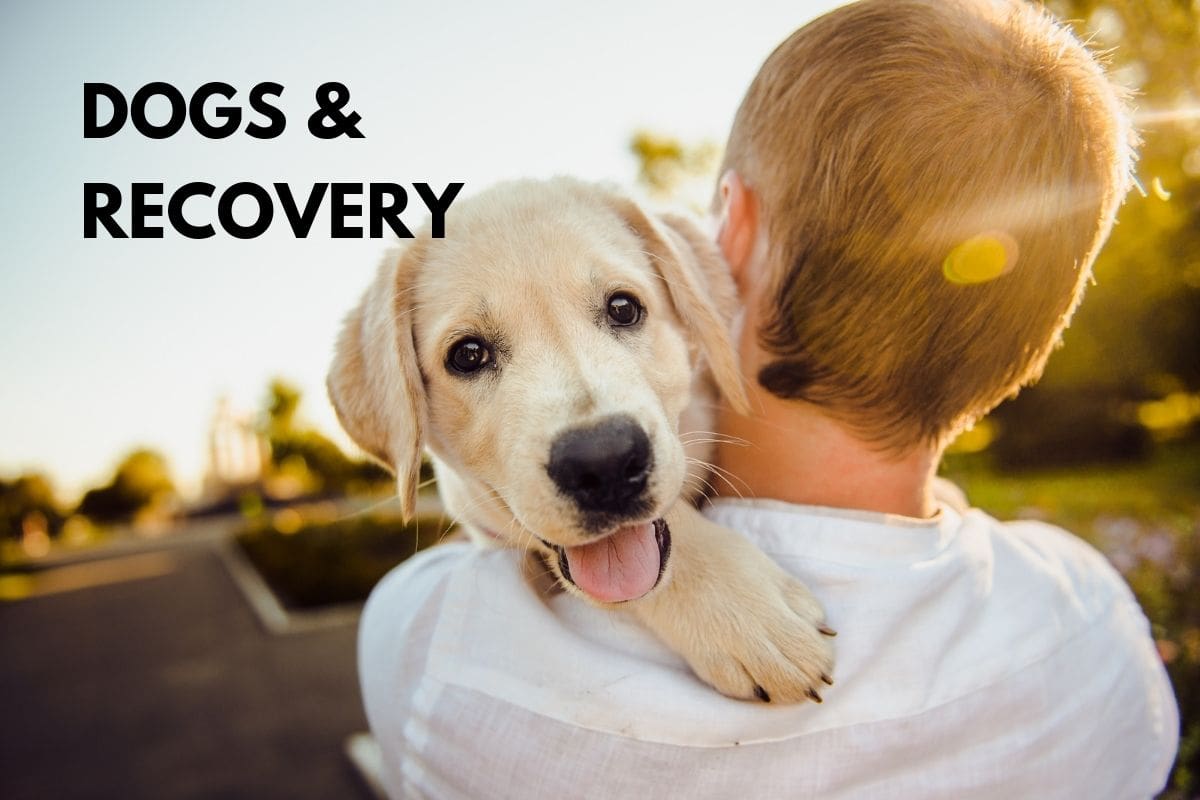It’s pretty clear that as a nation we are obsessed with our pups. All you need to do is scroll through Facebook and you will see photos of our furry friends everywhere. There are even Instagram accounts with millions of followers dedicated to our four-legged buddies. Check out our favorites here: Doug The Pug and Margie The Dog

According to the 2017-2018 National Pet Owners Survey Sixty-eight percent of U.S. households, or about 85 million families, own a pet.
Why do we love our dogs so much?
They are loving, loyal, and forgiving. Really, the question should be – why do they love humans so much? We truly don’t deserve dogs But dogs love us unconditionally. There is nothing like coming home to a dog bouncing around because he is so excited to see you. He doesn’t care how you look, what you are wearing, or who your friends are. He doesn’t become resentful because you haven’t had time to play with him, or for a fancier house, and he doesn’t get mad at you for being grumpy. All he wants is YOU!
“A dog is the only thing on earth that loves you more than you love yourself.” -Henry Wheeler Shaw
Why do Animals Help With Recovery?
Can dogs help people stay sober? Science says that there is reason to believe so!
According to Husson University, the “presence of an animal prompts the body to release serotonin, prolactin and oxytocin”. Serotonin is a hormone known to be associated with one’s mood. When it is produced, it is correlated with feeling good or happy. Oxytocin is known as the love hormone. So, therefore, the presence of animals can increase our mood and feelings of love. Many institutions use animal therapy to promote the well-being of their community.
Also, bonding with an animal that shows unconditional love can create a sense of purpose that motivates one to get or stay sober.
What to Consider Before Adopting a Sobriety Dog
You have gotten sober and you are starting to rebuild your life. And you have decided to adopt a dog. AWESOME. In many cases, dogs can help people stay sober. But before you rush out to the nearest animal shelter and scoop up your new bestie, make sure you have considered everything involved in owning a dog.
Living Situation
Are your living arrangements stable? Stable like you have your own place or are living with your folks. Does your landlord allow animals? If they don’t, then right now is not a good time for a sobriety dog. As addicts, we are used to breaking the rules. But in recovery, we try and do the right thing. In this case, that means following the rules of your lease. Is there a fenced backyard? Dogs need a room the play and exercise. Having a secured fence is important so that they don’t bounce out and run away. Keeping our dogs safe is part of the deal.
Time commitment
Caring for a sobriety dog is a long-term time commitment. Like, years and years. So if you plan to jet off to Australia in the foreseeable future, get a fish. You will likely need to walk your pup multiple times a day. If you get a puppy, there will be a lot of training involved. Especially if you want your dog potty trained. And we definitely recommend it. Remember, we don’t live like that anymore.
Funds
According to the ASPCA, the annual cost of care for a small dog is $420, a medium dog $620, and a large dog $780. But those amounts don’t include emergency medical care and other expenses that are bound to come up. There is no doubt that dog ownership can get pretty expensive. You have the cost of spaying and neutering, annual vaccinations, flea & tick treatments, vet bills. Not to mention the cost of food, toys, and treats. If you don’t want your dog eating your shoes, investing in a plethora of toys is a good idea.
Dogs are friends forever

So you have carefully considered, planned, and budgeted and are ready to bring your furball home. We are so happy for you! And besides getting a best friend, there are huge benefits for your mental health and recovery.
Dogs Reduce Stress
Unless they are ripping apart the toilet paper or getting into the garbage, of course. But playing with or petting an animal can increase levels of the stress-reducing hormone oxytocin and decrease the production of the stress hormone cortisol. Did you know that the father of psychoanalysis, Sigmund Freud often brought his dog to therapy sessions? Playing with a dog can elevate levels of serotonin and dopamine, which calm and relax.
Run – Jump – Play
Physical activity can play an important role in addiction recovery. A new study proves that high-intensity exercise can actually help your brain create new cells, helping ‘rewire’ an addicted brain and aiding addiction treatment. Exercise has been found to increase levels of dopamine in the brain. Dopamine is a neurotransmitter associated with pleasure and reward. When dopamine levels increase, a person often feels happier and more carefree. So while your dog is elated to be hiking up the trail, your mental health is improving with every step. So hit the track, run down the beach, or just take your pup on a cruise around the neighborhood. It’s good for you both.
Get Social
In early recovery making healthy friendships is important. Dogs are great conversation starters. They help break the ice and act as a form of social support. Having your sidekick with you gives you confidence and allows you to expand your circle. Head out to a dog park and you will find other doggy parents to engage with. Here is a great site to check out if you are looking for a dog park in your area.
There is magic in the love of a dog.
Please, adopt from a shelter or rescue organization. Here are some resources to get you started:
- Best Friends.Org
- Shelter Pet Project
- Midwest Animal Rescue
- Petsmart
- American Society for the Prevention of Cruelty to Animals (ASPCA)
Find more addiction recovery resources here.

































